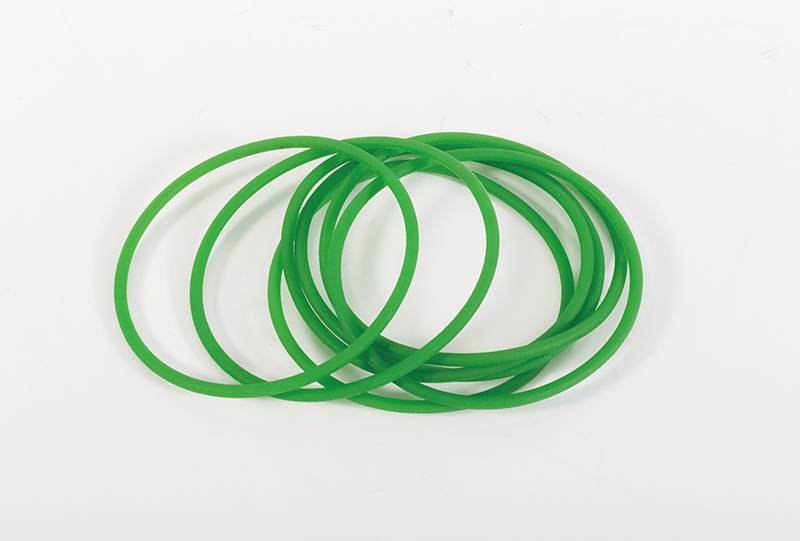When it comes to manufacturing, understanding a material’s different features and applications can be incredibly important in determining whether or not a product is right for your needs. In line with this thought, today, we’re looking at some of the most common applications and uses for thermoplastic polyurethane materials. Hopefully, this will help you find the ideal options for your own manufacturing efforts, as well.
What are Thermoplastic Polyurethanes?
Before we look further, we first need to start by looking into what thermoplastic polyurethane materials actually are. Thermoplastic polyurethanes, or TPUs, are a specialist type of block polymer made from polycaprolactones, polyester, or polyether (depending on the manufacturer’s preferences).
These materials are often considered very similar to regular polyurethanes, which are made from polyols and isocyanates. They also boast similar properties to both rubber and plastic, despite falling into neither category.
Due to the unique manufacturing method, TPUs do not have cross-links in their chemical structure, which differs significantly from regular PUs. They can also be melted down as required to help make manufacturing easier.

What are TPUs Used For in Modern Manufacturing Applications?
There are countless ways for brands to use TPUs; defining all of these in a single article would be somewhat difficult! However, some of the most common applications and uses for thermoplastic polyurethanes include:
- Medical equipment and instruments
- Vehicle manufacturing
- Drive belts
- Footwear
- Clothing
- Power tools
- Sealants and adhesives
- Architectural membranes
- Seals
- Industrial parts
- Packaging
- Inflatable products
- Fire hoses
As you can see from the list above alone, the range of applications for TPUs is almost mind-boggling. This is largely due to the material’s unique, highly flexible nature (without compromising on strength), which allows it to be used readily in applications requiring a material capable of regularly deforming and reforming over time. Indeed, thermoplastic polyurethanes are excellent options where the material needs to offer exceptional elasticity without leaving strength or durability to be desired.
An important factor to consider here, of course, is the fact that every TPU will be slightly different depending on the manufacturer’s processes. As such, before you invest in thermoplastic polyurethane materials for your project, it’s worth doing your research to find a brand that’s reputed for quality solutions!
Where possible, try to discuss your unique requirements with the company, as well, to help you find out whether thermoplastic polyurethanes are likely to be the right type of material for your needs too. Most brands should be happy to help you understand more about the product and its benefits in your scenario!
Final Thoughts
Every business is unique – and, in line with this, it’s hugely important to make sure you have carefully considered your project’s requirements to make the right decision. Fortunately, TPUs can offer a myriad of benefits that may lend themselves to your needs; so if you have any further questions, please make sure to reach out to our experts at pengde2@pengde-pu.com today for further information and guidance on how thermoplastic polyurethanes might work for you.


